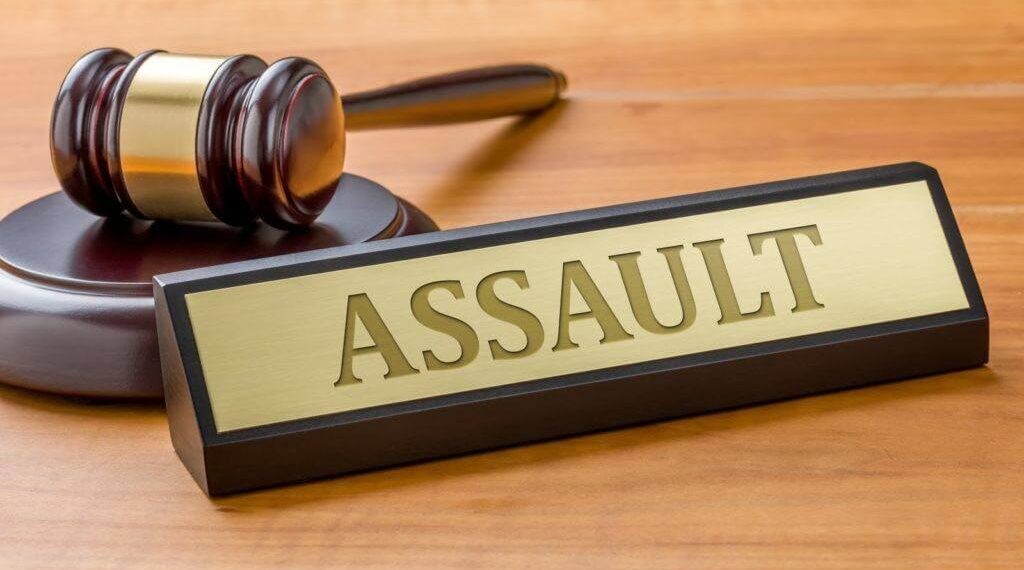An intentional application or the threat of the application of force is called an assault. Usually, there are three ways to commit assault. They include the application of direct or indirect force on someone without their consent, giving a threat to the person by act or gesture, and impeding a person while openly carrying a weapon. It must be considered that an accidental bump or altercation doesn’t constitute assault.
The severe form of assault involves an attempt to severely wound or disfigure the victim. Aside from homicide, aggravated assault is the most serious violent crime.
Table of Contents
1. Aggravated Assault Charges:
People found to be guilty of aggravated assault can go to jail. In this case, they will have a criminal record and they will have to pay the fees. All of this can be avoided if the judge dismisses the charges. It is only possible if the alleged pleads guilty and his aggravated assault attorney successfully deals with the judge on his own. There can be several types of assault charges, including assault causing bodily harm, assaulting a police officer, domestic assault, assault with a weapon, and sexual assault, etc. The severity of the charges is dependent on the degree and intensity with which the aggravated assault has been committed. The nature of the injuries and the gratuitous nature of the assault is also important factors.
2. Penalties:
Penalties vary as per the assault. A maximum sentence of 10 years is allotted to the person who committed an assault causing bodily harm or assault with a weapon. The maximum penalty for aggravated assault is 14 years, and there is no minimum penalty for it. The accused could face five years in jail if he assaulted a police officer. While determining the sentence, judges consider the defenses present at the trial. It is noted whether the defendant has taken responsibility for the crime and shows remorse. The accused’s prior criminal record is also assessed.
3. Defenses:
There can be certain defenses linked to the charge of aggravated assault. They may include self-defense, duress, and necessity. In case there is evidence of a legal defense before the court, which the prosecution is unable to disprove beyond a reasonable doubt, a person can be found not guilty of aggravated assault. If a person is charged with assault when acting in defense, it is the responsibility of the aggravated assault attorney to prove that the defense and use of force were reasonable under the given circumstances. Aggravated assault can have a wide range of public defenses. Sometimes in an insanity defense, the accused is mentally ill, as argued by the defense. In other cases, there is a possible claim that the confrontation was initiated by the alleged victim.
When the victim is threatened with or experiences violence more than a minor slap across the face, it constitutes aggravated assault. The penalties of aggravated assault depend on the specific provisions of each state’s sentencing guidelines. The usual defense available to all the criminal defendants is also provided to defendants charged with aggravated assault. A defendant can also claim self-defense like the weapons were possessed by the victim. In other scenarios, it can also go like the defendant’s intentions were not criminal.

